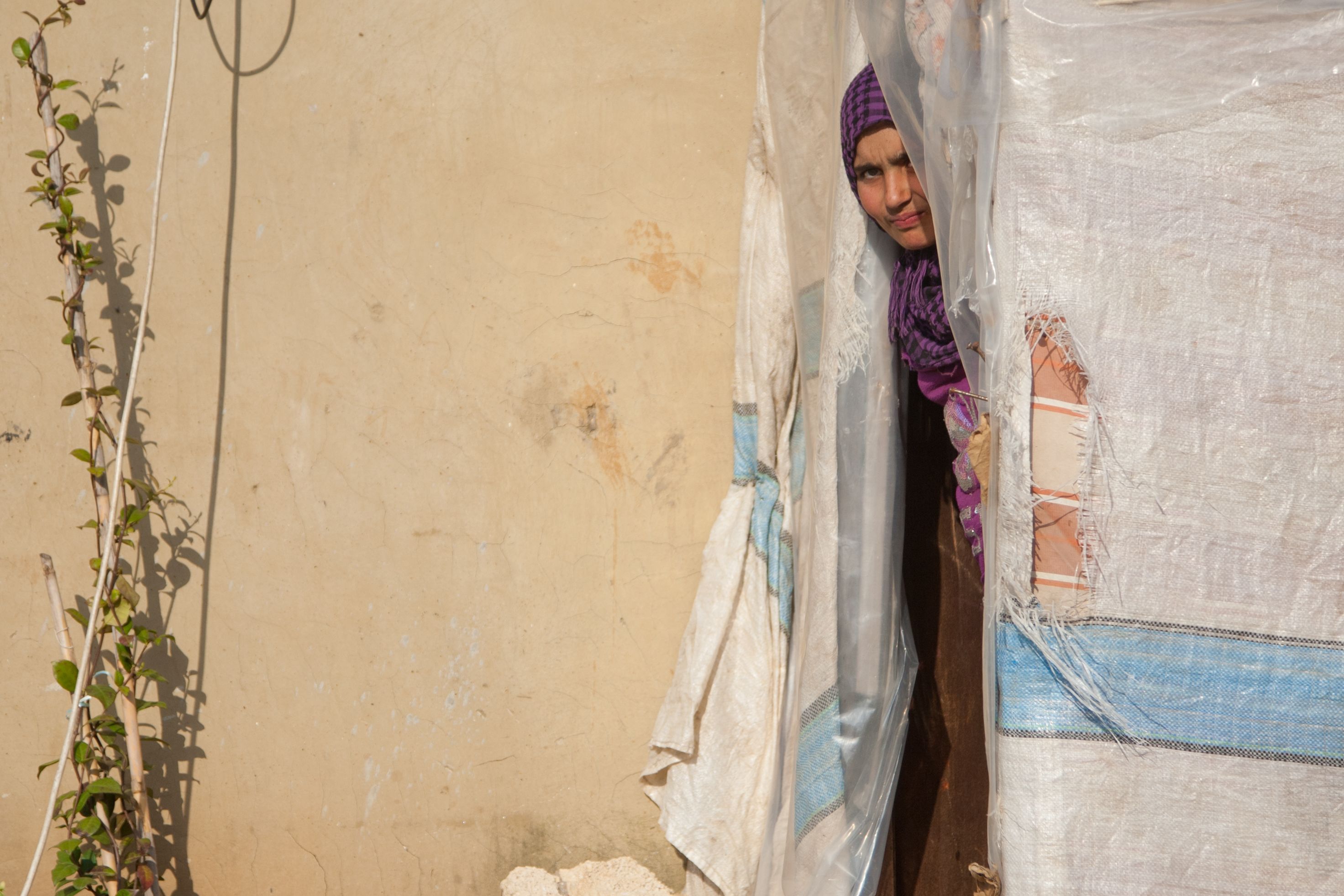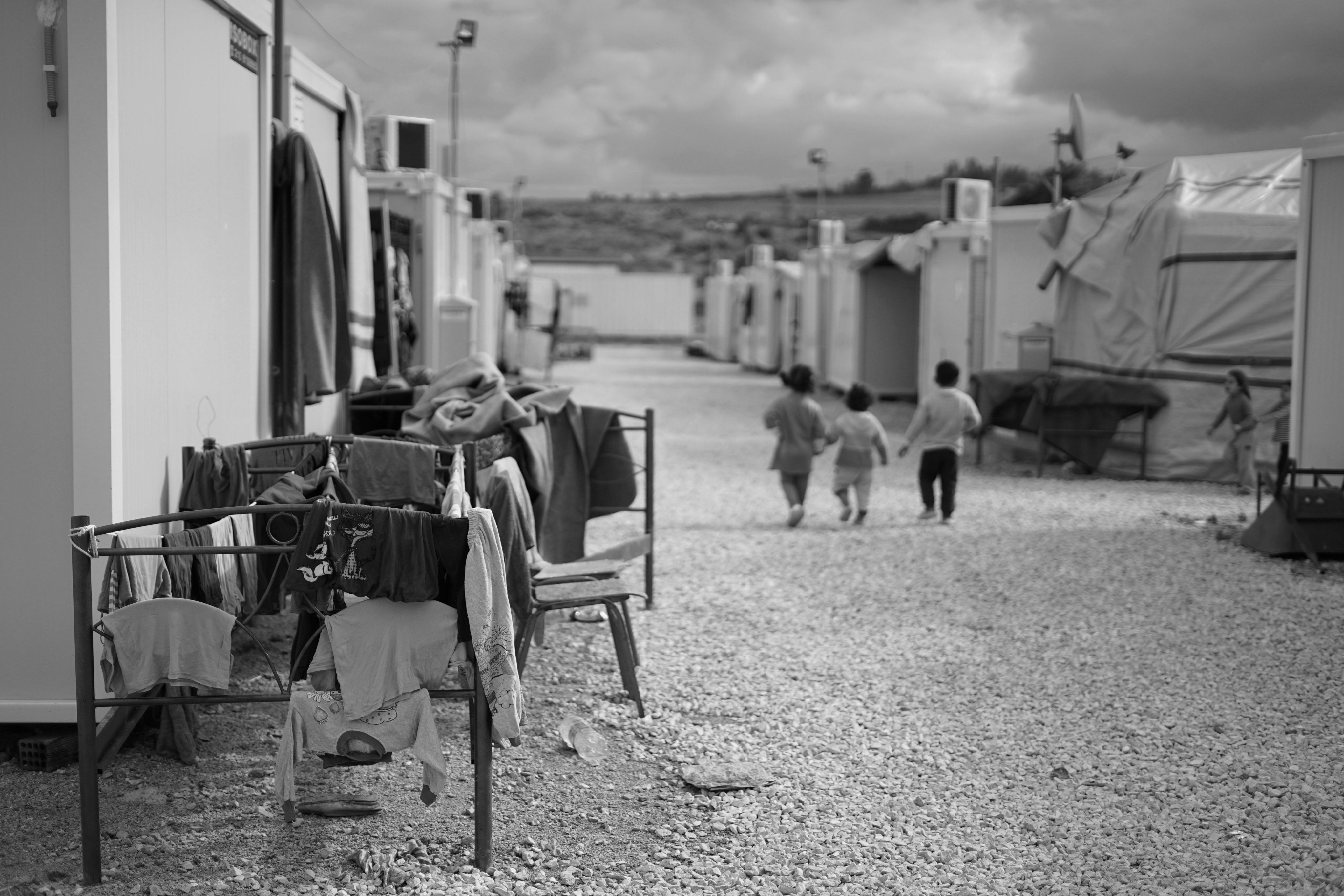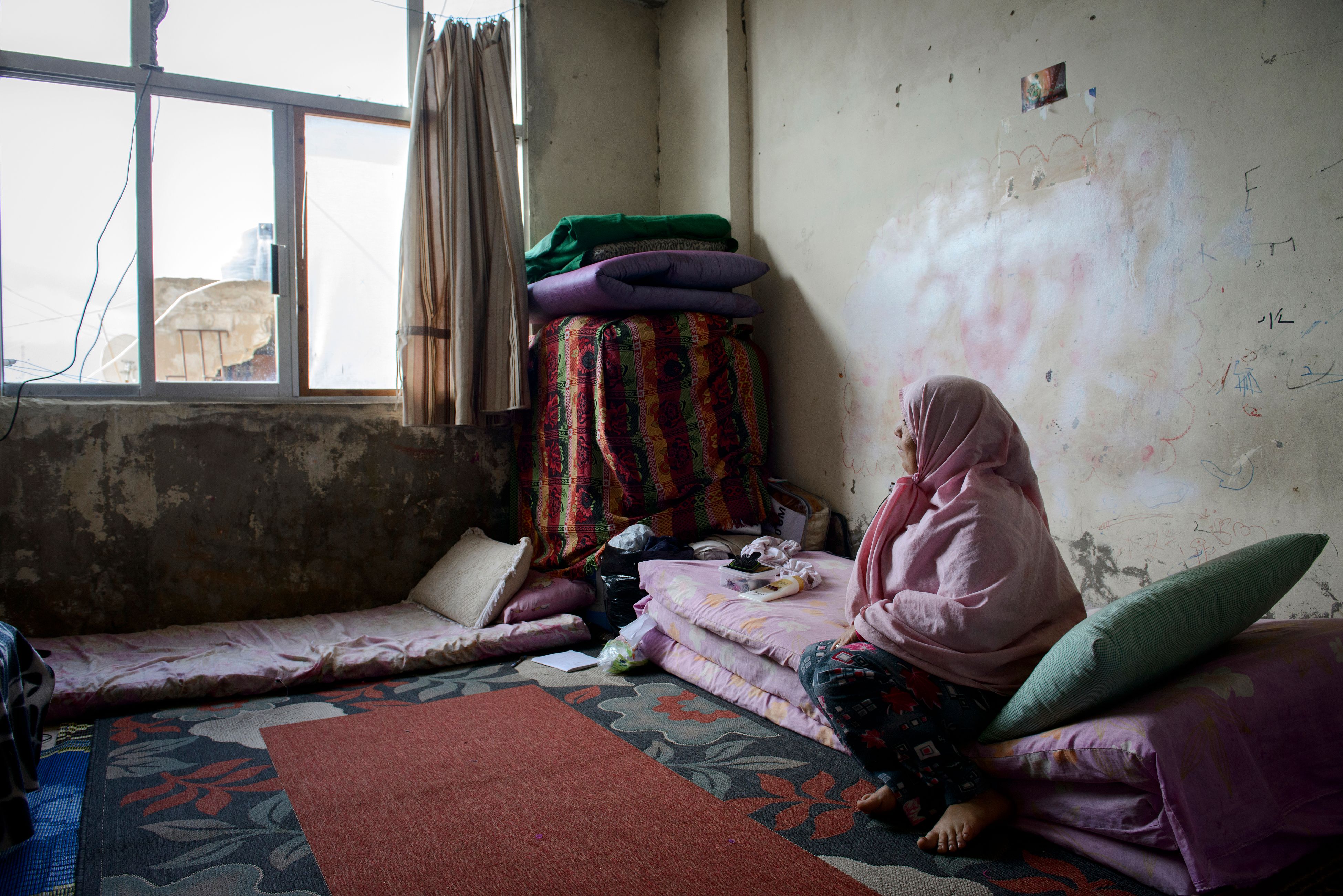Study spotlight
Bridging gaps in mental
health support for Arabic-
speaking refugees in the
MENA region

The Middle East & North African (MENA) region hosts the largest number of refugees and displaced people globally. Many of these people endure prolonged exposure to trauma and stressors that affect their mental health and wellbeing.
More than 13 years since the onset of the conflict in Syria, a staggering 12 million Syrians have been forcibly displaced, with Lebanon hosting approximately 1.5 million and Jordan hosting over 700,000. Despite these daunting numbers, the struggles faced by Syrian refugees and others in the region receive relatively little attention — partly because of the protracted nature of the conflict and the international focus on other global issues.
Similarly, the mental health and wellbeing of refugees and displaced populations in the MENA region remain under-researched. To date, there is no published systematic review examining Mental Health and Psychosocial Support (MHPSS) interventions specifically tailored to their unique needs. This knowledge gap limits our understanding of effective strategies to enhance the mental health of individuals facing conflict or post-conflict situations, leaving valuable lessons unexplored.
As conflicts endure in the Middle East, there's a growing need to address the mental health challenges confronting refugees and displaced people in the region, and to identify interventions that offer meaningful support.
A new research project from researchers at the University of Cambridge seeks to bridge this gap. In this spotlight, Luma Bashmi sheds light on the purpose and progress of this important initiative.
Luma Bashmi is a psychologist and second year PhD student in the Department of Psychiatry and Cambridge Public Health.
She is the co-founder and director of a mental health support non-profit foundation in Lebanon called “Elaa Beirut” – founded in response to the Beirut port explosion in 2020. With an international network of 30 mental healthcare providers, the foundation provides therapy and training sessions to individuals and NGOs.
Luma's academic and work experiences have played a central role in shaping her current research on the mental health and wellbeing of Syrian and Palestinian refugees.
What is the purpose of your research?
The overall objective of the project is to improve mental health support for Arabic-speaking refugees and displaced populations in the Middle East, with a specific focus on Syrian and Palestinian refugees — both men and women — in Lebanon and Jordan. The study, funded by NIHR, has three main aims:
- Identifying existing MHPSS interventions and assessing their effectiveness in improving mental health outcomes for Arabic-speaking refugees and displaced people in the Middle East.
- Exploring the mental health needs of non-clinical adult Syrian and Palestinian refugees and identifying what kind of support would be helpful and acceptable to them.
- Identifying essential components for designing feasible, effective and implementable MHPSS interventions that might also be appropriate in other settings and populations.
The research is using a framework called IC-ADAPT. This framework combines two existing models: Integrative Complexity (IC) and psychosocial Adaptation and Development after Persecution and Trauma (ADAPT). IC helps people to think more flexibly and to see different perspectives. ADAPT is designed to help people who have been through trauma.
The ADAPT model is one of the few developed specifically with and for refugees. It has been reported as reliably helpful in understanding refugee experiences across various contexts and populations for over two decades.

What is the current evidence base on this topic?
Through a systematic review, we found only 41 studies that look at MHPSS interventions aimed at Arabic-speaking non-clinical adult refugees and displaced populations in the MENA region. 20 of these were conducted in Lebanon while 11 were conducted in Jordan.
These interventions predominantly focus on education programs aimed at nurturing positive parenting, directly improving parental wellbeing and indirectly enhancing child and family wellbeing. Other interventions aimed to reduce anxiety, depression or trauma, by nurturing specific skills such as problem-solving, self-regulation, decision-making and empowerment — particularly for women affected by gender-based or intimate partner violence.
The more effective interventions tended to be hosted in community settings, such as healthcare or education settings, and to encourage interactions between host and refugee communities through, for example, support groups.
Shining a light on the mental health of Syrian women
The second phase of research — focus groups and interviews — will be conducted in Lebanon and Jordan on Arabic speaking refugees, including Palestinians and Syrians. Through focused group discussions, we will explore their perceptions, needs, resources and readiness for mental health interventions.
Incorporating these qualitative methods allows for a more comprehensive perspective of women’s needs compared to relying on ‘western’ methodologies of extracting information, which may not fully capture the complexities of other cultural contexts. For instance, these methods often implicitly conceptualise mental health and illness as opposite ends of the same spectrum, such as considering mental health the absence of illness.
As a result, many mental health and psychosocial support interventions are designed based on diagnostic frameworks such as DSM-V, which categorise individuals according into clinical vs non-clinical domains. However, such approaches may not adequately address the target population’s needs or meaning systems.
We focus on women because they face additional gender-based traumas including rape, forced abortion and sexual trafficking whilst already grappling with psychological distress from displacement.
In the context of Arabic-speaking Syrian women, these challenges are influenced by family responsibilities, social stigma, cultural pressures, and significant changes to family dynamics, gender roles, identity, safety, and security.
As we’ve seen from interventions in Lebanon, targeting women to improve their wellbeing translates to better wellbeing for the children and their whole family.

Developing a framework: guiding interventions
Our ultimate goal is to develop a framework of effective interventions that promote public mental health amongst people displaced by conflicts in the MENA region, based on both the evidence and community insights. In addition to the focus groups with refugees and host community members women, we will also conduct interviews with mental healthcare practitioners in Beirut and NGO humanitarian workers providing Mental Health and Psychosocial Support Services (MHPSS), including the UNHCR and other initiatives in Lebanon and Jordan. MHPSS services include community/social activities and skill building, such as financial/business skills for economic empowerment, vocational/technical skills and training, and general life skills.
This framework aims to guide practitioners in designing and implementing MHPSS interventions for similar non-clinical populations in crisis or post-conflict settings.
What implications does the research have for policy in the UK?
As refugees settle into new countries, prioritising mental health and psychosocial wellbeing becomes necessary for both refugees and host countries. Supporting refugee mental health not only reduces social isolation, but also enhances integration and social cohesion, and allows refugees to contribute positively to society.

Further information
- A systematic review of MHPSS interventions targeting non-clinical Arabic-speaking refugees and/or displaced populations in the MENA region. Available on PROSPERO.
- Poster presented at Cambridge Public Health Symposium, November 2023.
- Alarabia news article: How Beirut blast led Bahraini psychologist to launch a Lebanon mental health lifeline

